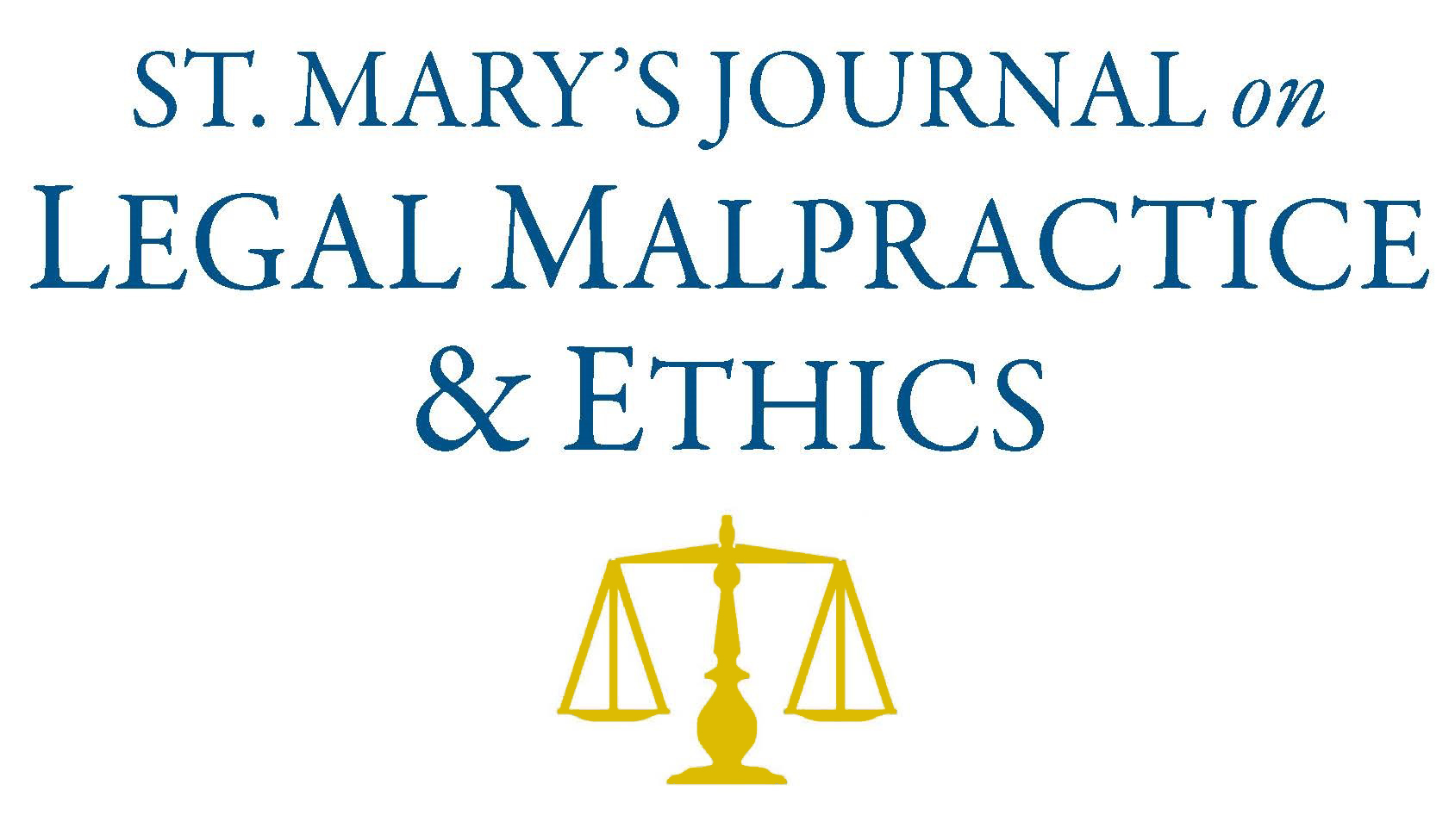
First Page
414
Date Created
10-6-2021
Publisher
St. Mary's University School of Law
Editor
Hannah C. Mery
Last Page
459
Abstract
Lawyers have been implicated in corporate scandals and other client crimes or frauds all too often, and the complicity of some lawyers is troubling both to the public and to members of the legal profession. This is especially true when the crime involved is money laundering. As a response to attorney involvement in crimes or frauds, some legal commentators have called for changes to the ethics rules to require lawyers to investigate their clients and client transactions under some circumstances rather than remaining “consciously” or “willfully” blind to what may be illegal or fraudulent conduct. The commentators argue that such changes are needed because current ethics rules require proof of a lawyer’s actual knowledge of a client’s crime or fraud. It is surprising, then, that the American Bar Association Committee on Ethics and Professional Responsibility (CEPR) recently issued a formal ethics opinion holding that a duty to investigate currently exists in the ethics rules even though this is contrary to the plain text of the rules upon which the CEPR relied. In finding a duty to investigate, was the CEPR interpreting the ethics rules or was it legislating a new ethical duty? If it was interpreting the rules, is there substantial support for such an interpretation? If the CEPR was, in effect, legislating a new ethical duty, does it have the authority to do so? Regardless of whether the CEPR was interpreting the ethics rules or attempting to create a new duty under the ethics rules, should there be a duty to investigate? And, if there is to be a duty to investigate, how should it be structured and adopted? This Article explores these questions as it closely analyzes and evaluates the CEPR’s ethics opinion.
Recommended Citation
Peter A. Joy,
Ethical Duty to Investigate Your Client?,
11
St. Mary's J. on Legal Malpractice & Ethics
414
(2021).
Available at:
https://commons.stmarytx.edu/lmej/vol11/iss2/5
Included in
Business Law, Public Responsibility, and Ethics Commons, Law and Society Commons, Legal Ethics and Professional Responsibility Commons, Legal Profession Commons, Legal Remedies Commons

